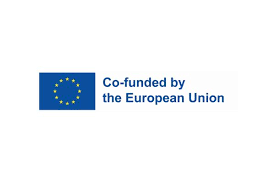ODR E-Justice - E-Justice ODR Scheme
Online courts in EU are still a new and evolving phenomenon. One of the crucial challenges is the development of comprehensive data driven processes, able to substantially contribute to time and cost efficiency. Although data-driven processes have always included preparing and implementing standard data formats and e-justice processes, the gradual introduction of AI-related modules requires additional efforts to adapt data flows, data structures and data sets. So far there have been only limited attempts to formalize e-justice processes and data structures internationally.
Our project aims at filling this void, preparing an open specification of standard civil judicial procedures and additional online dispute resolution (ODR) procedures (e.g. mediation or arbitration). Such open specification will be freely available for all those who will design, develop and manage future easily interconnectable multi-lingual e-justice systems.
Our general goal in this project is to prepare E-Justice ODR Scheme as a digital tool which will facilitate access to justice for people, especially vulnerable persons (people with low income, low education, old people who rarely use internet or people with other vulnerabilities).
E-Justice ODR Scheme will include the following:
- description of e-justice processes, subprocesses, steps and their variants up to the level of user interface elements;
- list of code identifiers corresponding to and identifying the procedures and steps mentioned above;
- set of flexible data structures, data sets and process data flows for the purposes of implementing ethical data-driven processes and machine learning; and
- rules and code identifiers for cross-domain data exchange for the future data sharing between e-justice systems and systems from other areas than justice.
E-Justice ODR Scheme will implement the principles of the European strategy for data. The project will empower all members of society assisting them to easily and swiftly resolve disputes.

Project Team

Ricardo Santos

Patrícia Anjos Azevedo
